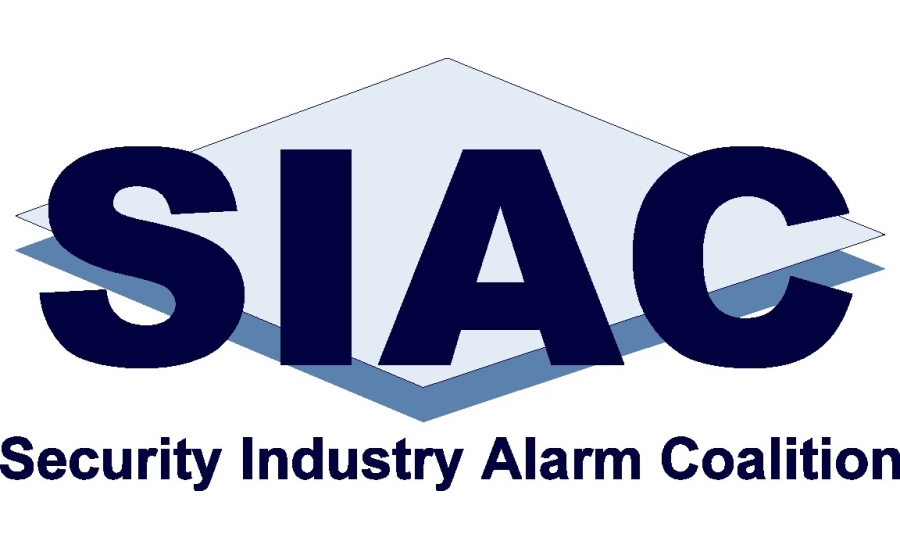UPDATE - 4-5-18: Sandy Springs has responded to the challenge by revoking alarm response to 39 alarm companies it says have not paid fines levied under the ordinance
***
The Security Industry Alarm Coalition (SIAC) is joining with the Georgia Electronic Life Safety & System Association (GELSSA) to fight an ordinance from Sandy Springs, Georgia, that would fine alarm companies instead of the end-user when systems generate a false alarm and could suspend law enforcement response to all customers of a dealer with a single unpaid fine.
The suit was filed on March 12, 2018 in the United States Districts Court for the Northern District of Georgia.
“There is no question that this type of unconstitutional ordinance has the potential to be a major disruption to our industry,” said Stan Martin, SIAC executive director. “The city of Sandy Springs is completely out of step with modern alarm management practices. They passed an ordinance that we believe is unconstitutional because it makes alarm companies responsible for the actions of a third party they do not control.”
GELSSA President Dan Gordon said, “If the industry allows this type of ordinance to become the norm, it will be faced with huge administrative and legal costs, disputes with customers and a process that will be less effective than best practices for reducing alarm dispatches. Passing customer fines to alarm companies cannot be an option on the table when discussing alarm management.”
The lawsuit notes that alarm companies do not have any sort of “master-servant” or “principal-agent” relationship with alarm users and are not in a position to supervise, direct or control the actions of their customers. Yet, despite these facts, the ordinance imposes draconian fines on alarm companies, SIAC reported in a press release. Under the ordinance, the fine for the first false alarm is $25, second and third false alarm fines are $250, and a fourth or additional false alarm in any 24-month period is $500.
The most serious provision the city of Sandy Springs plans to enforce would suspend police response to all of a dealer’s customers if any single fine is not paid, SIAC reported, adding that potential exists for a former customer to switch to a competitor and never notify the city, and a dealer could receive the false alarm fine bill in error, resulting in its entire customer base having suspended response from law enforcement.
Since the ordinance became effective, alarm companies have been subjected to tens of thousands of dollars in civil penalties for the actions of alarm users who have caused “false alarms” as determined by the city and billed by Cry Wolf Services, the city’s third-party alarm administrator.
SIAC described: Alarm companies are not provided with any opportunity to be heard prior to receiving notice of the false alarm determination and related fine. At most, alarm companies are given a 10-day window to file a written notice appealing Sandy Springs’ unilateral decision, at which point they are given a hearing before a hearing officer designated by the police chief or fire chief. This 10-day window fails to provide alarm companies with a meaningful opportunity to gather evidence in support of their appeals or to otherwise conduct a sufficient investigation into the circumstances causing the alarm activation.
The appeals are also subject to a fee-shifting provision, which provides the following, “In the event the appeal is not upheld, the owner or alarm company shall also be responsible for any fee assessed to reimburse the city for any costs incurred by the hearing officer,” the provision says in part. The lawsuit argues that the ordinance is unconstitutional because it denies due process guaranteed by the 14th Amendment. The ordinance also allows the city to suspend police response after four alarms in 24-months but to continue to levy fines.
The lawsuit notes that “the decision-making process by Sandy Springs, coupled with the expedited appellate procedures, fail to provide adequate procedural safeguards against the unlawful and unconstitutional imposition of civil penalties against alarm companies.”
“We appreciate SIAC offering its expertise and support in helping us in this important fight,” Gordon said. “If this unconstitutional ordinance is allowed to stand, our industry will face this same type of issue from other communities who have the mistaken belief that fining alarm companies is an effective way to deal with alarm issues.
“SIAC needs continued financial support from the industry to help defray legal expenses, identify problem ordinances, promote the model ordinance that incorporates well-documented best practices for alarm management and help lead the fight against ordinances such as the one in Sandy Springs.”
Visit SIAC’s website at www.siacinc.org and click “Donate” to help fund this effort.



